Reactivity in Dogs: What It Is and How to Manage It
If you have ever seen a dog barking, lunging, or snapping at other dogs, people, or objects, you may have witnessed a case of reactivity. Reactivity is a term that describes a dog’s overreaction to certain stimuli that trigger fear, anxiety, or frustration. Keep in mind, reactivity is not the same as aggression. Aggression is a deliberate intention to cause harm or damage. Reactive dogs are usually scared or stressed, and they need help to cope with their emotions.
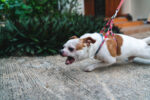
What Causes Reactivity in Dogs?
There are many possible causes of reactivity in dogs, but they are mostly related to genetics, socialization, training, and past experiences.
Some dogs may have a genetic predisposition to be more sensitive or reactive to certain stimuli. Others may have missed the critical period of socialization during puppy-hood when they should have been exposed to different people, animals, and situations in a positive way. Lack of socialization can make dogs fearful or suspicious of unfamiliar things.
Some dogs may have had traumatic or negative experiences that made them associate certain stimuli with pain or danger. For example, a dog who was attacked by another dog may develop reactivity towards other dogs. Finally, some dogs may have learned that reactivity is an effective way to get what they want or avoid what they don’t want. For example, a dog who barks and lunges at people may get more space or attention from their handlers.
How to Manage Reactivity in Dogs
Reactivity in dogs can be challenging and stressful for both the dog and the owner, but there are some strategies that can, help manage it.
Here are some tips:
Identify your dog’s triggers and thresholds –
- Triggers are the stimuli that cause your dog to react; such as other dogs, people, cars, noises, etc. A threshold is the distance or intensity at which your dog can tolerate the trigger without reacting. Try to avoid exposing your dog to triggers that are too close or too intense for them to handle.
Use positive reinforcement to teach your dog alternative behaviors –
- Instead of punishing your dog for reacting, reward him for staying calm and focused on you when he encounters a trigger. You can use treats, toys, praise, or anything else your dog likes as a reward. You can also teach your dog cues such as “look at me”, “sit’, “leave it”, or “let’s go'” to redirect their attention away from the trigger.
Seek professional help if needed –
- AZ Dog Sports can help you with this common issue. If your dog’s reactivity is severe or you feel overwhelmed by it, our behavioral trainers will get you and your dog on the right track by setting you up with a personalized training plan. A medical professional can also rule out any medical issues that may contribute to your dog’s reactivity.
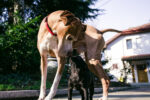 Reactivity in dogs is not a hopeless condition.
Reactivity in dogs is not a hopeless condition.
With patience, consistency, and positive reinforcement; you can help your dog overcome their fears and frustrations and enjoy a more relaxed and happy life.
AZ Dog Sports can help you and your dog!
Call 602-237-6775 to discuss your options with us.
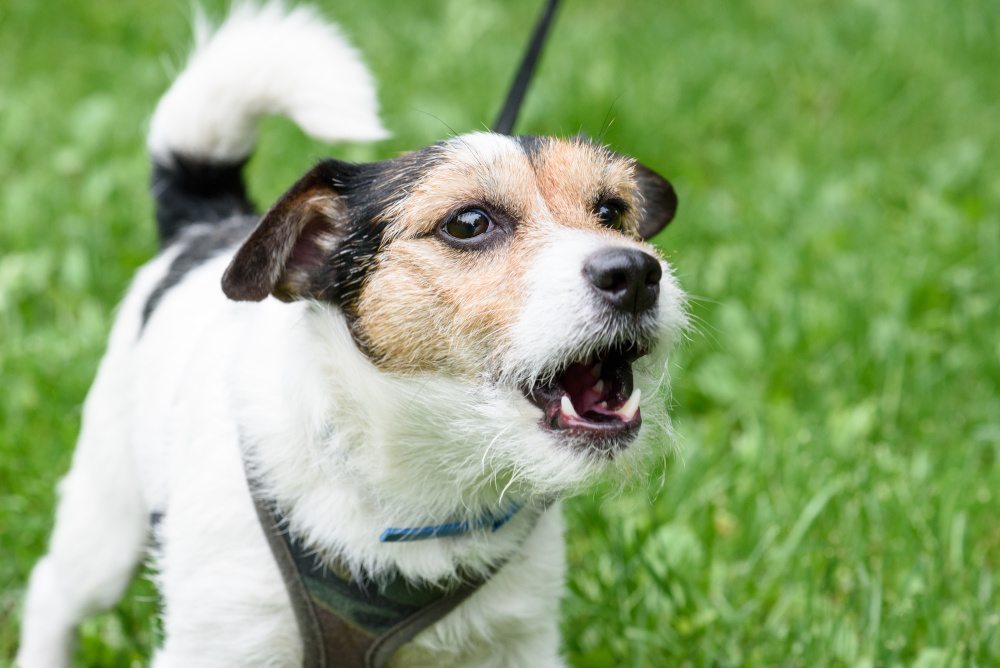
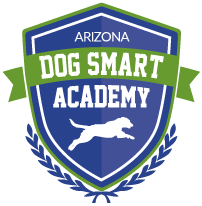
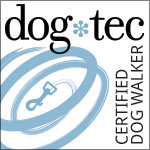
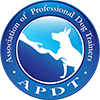

Leave a Reply